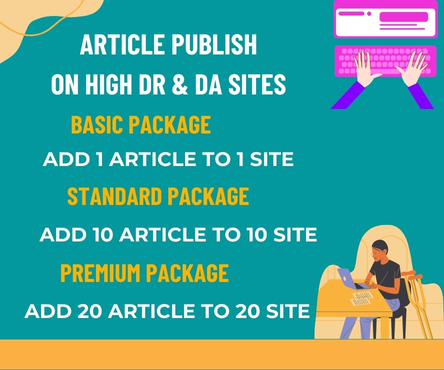A renewed interest in psychedelics has emerged in recent years, shattering long-held prejudices and opening the door to a new era of study, exploration, and therapeutics. These mind-altering drugs, like psilocybin, LSD, and MDMA, are attracting the interest of researchers, therapists, and people looking for profound personal experiences once more. This article explores the psychedelic renaissance, stressing the possible advantages, continuing research, and moral issues related to these drugs. buy psychedelics online
The Research on Psychedelics
Recent scientific advances that illuminate psychedelics’ impact on the brain and mental health have reignited interest in these substances. Studies have indicated that psychedelics, when used in a controlled setting, can result in significant and life-changing experiences that may be able to treat a variety of mental health issues, such as addiction and treatment-resistant depression.
The use of psilocybin, the main ingredient in “magic mushrooms,” to treat depression is one of the most promising areas of research. Clinical studies have shown that a single dose of psilocybin, when used in conjunction with therapeutic support, can promote emotional breakthroughs, foster a sense of oneness, and offer long-lasting relief from depressed symptoms.
Additionally, it has been demonstrated that psychedelics improve neuroplasticity, or the brain’s capacity to reorganise and create new connections. This shows that they might be extremely important in encouraging emotional resilience, improving creativity, and personal growth.
Beyond Therapeutic Potential
Psychedelics are not just used for treating mental illness. They may help with spiritual experiences and alleviate existential suffering, according to research. It has been suggested that the intentional, guided use of psychedelics might produce mystical experiences marked by a sense of unification, transcendence, and a change in how one sees oneself and the outside world. These life-changing experiences have the power to advance one’s development, encourage empathy, and strengthen relationships with others and nature.
Issues and Moral Considerations
Important ethical questions are also raised by the investigation of psychedelics. Safety comes first, and following clinical guidelines and practises to the letter is crucial. To protect the physical and psychological wellbeing of users, only qualified specialists should administer psychedelics in regulated environments.
The possibility of abuse for recreational purposes and misuse is another issue. Although the use of psychedelics for spiritual and therapeutic purposes has a long history, misuse for recreational purposes without the right supervision and aim can have negative effects and cause psychological suffering. The developing psychedelic landscape must be negotiated with consideration for education, responsible usage, and legal systems that place a priority on harm reduction.
The Way Ahead
The necessity for more research on psychedelics is highlighted by the rising number of studies and anecdotal data. There are initiatives underway to expand research into their medicinal potential, simplify the legal regulations governing their usage, and incorporate them into clinical practise. In order to ensure that psychedelics are utilised responsibly, morally, and with the utmost concern for safety, researchers, politicians, and activists are collaborating.
Conclusion
A paradigm change in how we view mental health and personal development is being brought about by the return of interest in psychedelics.

